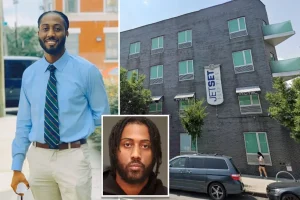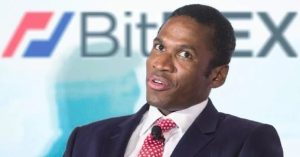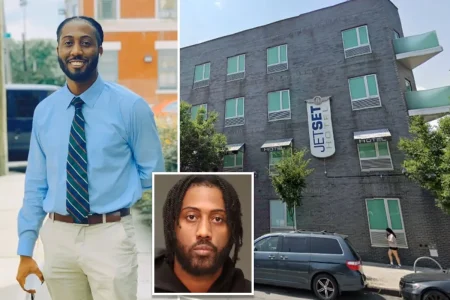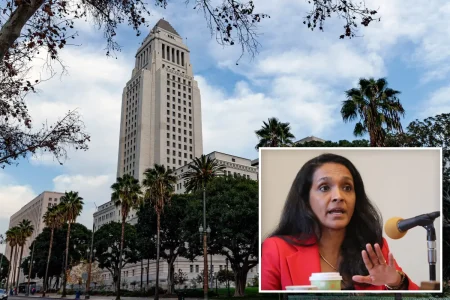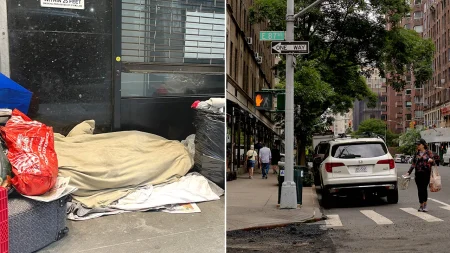Zohran Mamdani’s Challenge: Bridging the Gap Between Police Reform and Officer Relations
As Zohran Mamdani prepares to take office on January 1, he faces a complex balancing act. The incoming official brings ambitious plans to reimagine policing in his district, but must navigate the reality that many officers harbor resentment over his previous criticisms of law enforcement. Mamdani’s vision for reform represents a progressive approach to public safety, one that questions traditional policing methods and seeks alternatives for addressing community needs. However, the very officers who will be essential to implementing any changes view his past statements with suspicion, creating a challenging environment before his term even begins.
The tension between Mamdani’s reform agenda and police sentiment highlights a broader national conversation about law enforcement’s role in society. Throughout his campaign, Mamdani advocated for redirecting certain responsibilities away from police toward social services and community-based solutions. He questioned the effectiveness of current policing practices and suggested that alternative approaches might better serve public safety while reducing potential harms. These positions resonated with many voters who supported his candidacy, reflecting growing public interest in reconsidering traditional law enforcement models. Yet these same positions have created friction with the officers who now find themselves working under an administration they perceive as unsympathetic to their profession and challenges.
Building productive relationships with law enforcement will likely determine whether Mamdani can effectively implement his vision. Political analysts suggest that his success hinges on finding common ground with police while maintaining his commitment to meaningful reform. This requires delicate diplomacy—acknowledging officers’ legitimate concerns about safety, resources, and public support while still pushing for necessary changes to address inequities in the current system. Mamdani faces the challenge of demonstrating to officers that his criticisms were directed at systemic issues rather than individual police, and that his reforms ultimately aim to create conditions that benefit both communities and law enforcement professionals. Without building this bridge, even the most thoughtfully designed policies may falter in implementation.
The situation reflects a common dilemma for reform-minded officials nationwide who must work within existing institutions while trying to transform them. Mamdani’s approach to this challenge will be closely watched, as it may offer lessons for others attempting similar changes elsewhere. Some successful models have emerged in other jurisdictions, where officials initially viewed with skepticism by police have managed to implement reforms while improving relationships with departments. These examples typically involve extensive dialogue, participation of officers in the reform process, and a willingness to adjust approaches based on practical realities faced by law enforcement. Whether Mamdani can achieve a similar balance remains to be seen, but his ability to do so may determine whether his term becomes a model for effective reform or a cautionary tale about the difficulties of changing entrenched systems.
Community expectations add another layer of complexity to Mamdani’s challenge. His supporters expect meaningful progress toward his campaign promises, including significant changes to policing practices. At the same time, many residents—even those who support reform in principle—continue to value responsive police services when they face immediate safety concerns. Navigating these sometimes contradictory expectations will require clear communication about what changes are being implemented and why, as well as transparency about the inevitable challenges and adjustments along the way. Mamdani must maintain credibility with his base while demonstrating to skeptics that his approaches can deliver practical improvements in public safety.
As his January 1 start date approaches, Mamdani has begun reaching out to police leadership and rank-and-file officers in an effort to establish working relationships before implementing major changes. These early interactions may set the tone for his entire term, making them crucial opportunities to demonstrate both his commitment to reform and his respect for the difficult work performed by law enforcement. The path forward will require patience from all sides—from officers who may need to adapt to new approaches, from communities eager to see immediate changes, and from Mamdani himself as he translates ambitious visions into practical realities. If he can successfully navigate these tensions, his term may demonstrate that meaningful police reform and effective public safety are not mutually exclusive goals, but rather complementary aspects of a more just and effective system.

